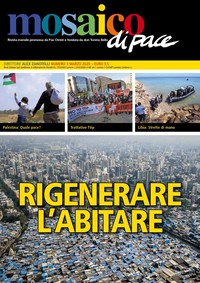Towards an Arms Trade Treaty
"... world leaders must accept the fact that we cannot let the free market rule the international arms trade".
Oscar Arias, President of Costa Rica and Nobel Peace Prize laureate
Undeniably, too many arms still end up in the wrong hands. Shipments appear in countries with dismal human rights records or where they exacerbate conflict or facilitate repression. These may be direct deliveries which might be considered irresponsible.
The misuse of arms could also be the result of activities of illicit arms brokers and traders who conclude their deals by exploiting legal loopholes, evading customs and airport controls and falsifying documents . Such illicit activities have violated every United Nations arms embargo, with small arms and ammunition as the main items transferred.
Secretary-General Ban Ki-moon has identified as a “recurring problem” the absence of a normative framework for all states to guide decisions regarding arms transfers. He underlined that regional examples of such agreed standards have proven useful in preventing the transfer of arms to areas of conflict or repressive governments.
In 2006, the General Assembly requested the Secretary-General to establish a group of governmental experts to look into “the feasibility, scope and draft parameters for a comprehensive, legally binding instrument establishing common international standards for the import, export and transfer of conventional arms”.
The report of that group, concluded in 2008, has prompted the General Assembly to start discussions focused on a possible arms trade treaty, open to all Member States. Two one-week meetings per year are foreseen from 2009 to 2011.





